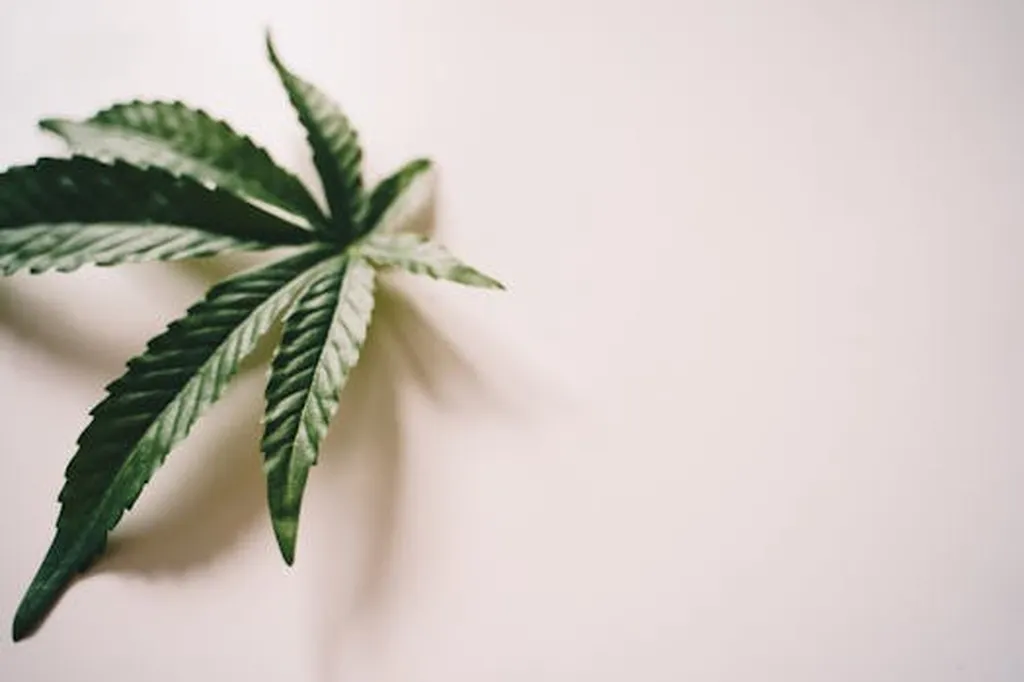In the realm of medicinal plants, a recent study has uncovered a promising method to enhance the production of valuable bioactive compounds, potentially opening new avenues for the energy and nutraceutical sectors. Researchers from Chungbuk National University in South Korea have demonstrated that yeast extract and salicylic acid can significantly boost the accumulation of phenolics and polyacetylene compounds in Chinese lobelia (Lobelia chinensis) plantlet cultures.
The study, led by Xinlei Bai from the Department of Horticultural Science, explored the use of bioelicitors to stimulate the synthesis of beneficial phytochemicals. “We aimed to optimize the in vitro culture conditions to maximize the production of these valuable compounds,” Bai explained. The team treated plantlet cultures with varying concentrations of yeast extract (YE) and salicylic acid (SA) and found that specific doses—50 mg L⁻¹ of YE and 25 µM of SA—led to a substantial increase in total phenolics, total flavonoids, and specific compounds like catechin, phloretic acid, linarin, lobetyolinin, and lobetylin.
The implications of this research extend beyond the laboratory. “The enhanced production of these bioactive compounds can make in vitro plantlet biomass a viable raw material for medicinal and nutraceutical products,” Bai noted. This could translate into more efficient and sustainable production methods for industries relying on these compounds, including those in the energy sector looking for natural and renewable sources of bioactive materials.
The study also assessed the antioxidant properties of the elicited plantlets using several assays, including DPPH radical scavenging, ABTS, and FRAP. The results showed that the elicitor-treated plantlets exhibited higher antioxidant activity, further underscoring their potential value. “Our findings suggest that these plantlets could be a rich source of antioxidants, which are in high demand for various applications,” Bai added.
Published in Horticulturae, the research highlights the potential of bioelicitors to enhance the production of valuable phytochemicals in medicinal plants. This approach could pave the way for more efficient and sustainable production methods, benefiting industries that rely on these compounds. As the demand for natural and renewable resources continues to grow, this study offers a glimpse into the future of bioactive compound production and its broader implications for the energy and nutraceutical sectors.

